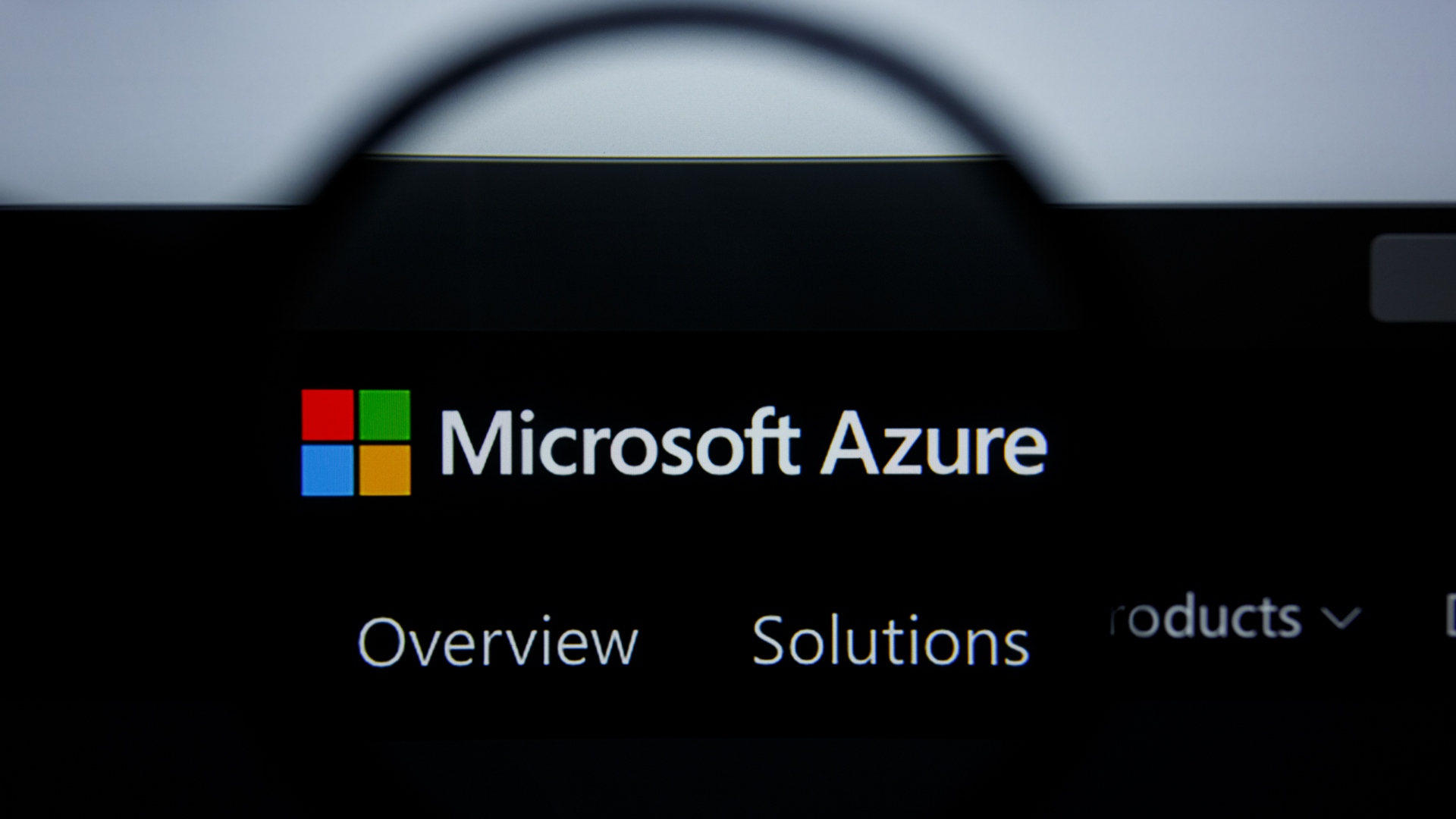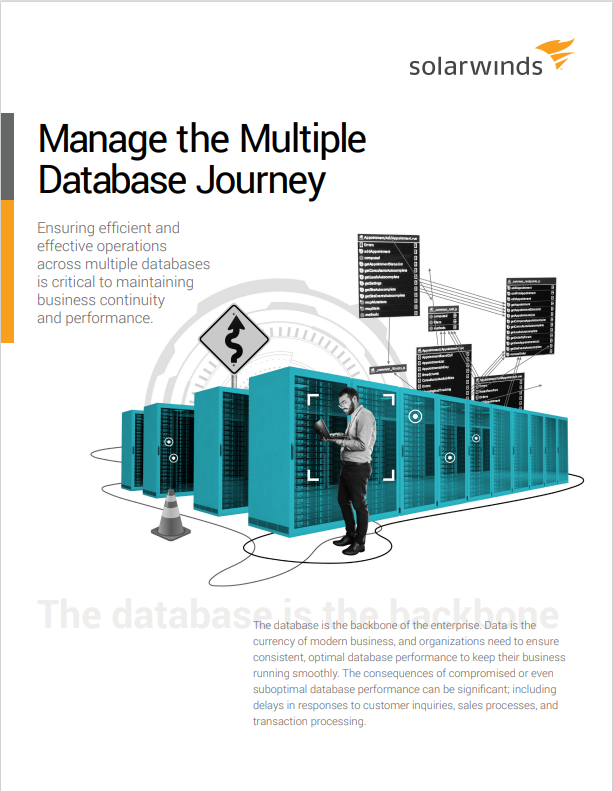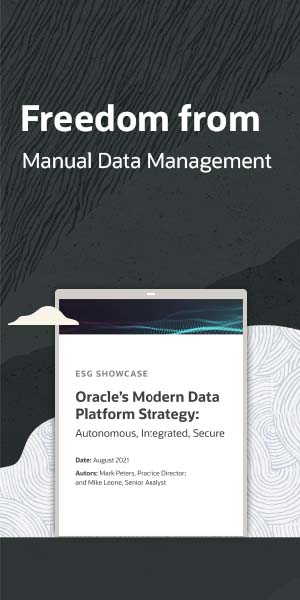NHS legacy IT at fault for mismanaged health screenings
An investigation has been launched after eligible patients weren’t notified about their required screenings


Sign up today and you will receive a free copy of our Future Focus 2025 report - the leading guidance on AI, cybersecurity and other IT challenges as per 700+ senior executives
You are now subscribed
Your newsletter sign-up was successful
Legacy IT and a blunderously constructed database network in the NHS has contributed to the extremely poor management of health screenings in the UK.
Worryingly, a new report from the National Audit Office (NAO) has revealed that cancer patients are some of the worst affected, with more than 100,000 women not being alerted to the fact that they were due to have breast and cervical cancer screenings last year.
The NAO found hat the computerised system which is supposed to automatically select women to be invited to screenings suffered a "serious failure" that prevented 122,000 women since 2009 from being informed about their required screening.
The affected women were aged between 68 and 71 and when focussing on the first six months of 2018, 43,220 women had not received letters inviting them for a cervical screening. A further 4,508 women were not sent their results letters. Of these women, even more tragically, 182 needed follow-up treatment.
According to the report, the government declared the NHS database system "not fit for purpose" as long ago as 2011 but IT Pro reported Doctors' distrust in the IT systems as far back as 2008, just before the analysed data set in the new study.
NHS England announced its intention to replace the system known as the National Health Application and Infrastructure Services (NHAIS) by March 2017 following government pressure but has failed to do so. The project is now 23 months behind schedule.
The delay has caused additional cost and greater risk that screening services cannot reliably identify and invite eligible populations for screening.
Sign up today and you will receive a free copy of our Future Focus 2025 report - the leading guidance on AI, cybersecurity and other IT challenges as per 700+ senior executives
One of the reasons why the NHAIS is not considered fit for purpose is because patient data which is used for things like automatic notification of eligibility for cancer screenings is divided over as many as 83 separate databases.
The issue with having data stored across this many databases is that it becomes more difficult to track screening histories when patients travel into different geographic boundaries.
Each screening program also has its own IT system on which they rely and some, such as the cervical programme, are as old as 30 years.
The Independent Breast Screening Review concluded that the IT on the breast screening programme was "dated and unwieldy" and that 5,000 women were not invited to their final breast screening because of errors caused by using two complicated systems, despite the best efforts of staff.
"Our screening programmes are recognised as among the best in the world and we are committed to making any improvements needed, said a spokesperson form the Department of Health and Social Care.
"We are working closely with NHS England and Public Health England to address the issues this report highlights.
"We have committed an initial 1.8 million to identify and design an immediate replacement for the breast screening IT system. A further 12 million will be available to implement the final version.
"We will also spend 487 million on healthcare technology as part of the NHS Long Term Plan to improve patient care and reduce workload on staff."
The report follows more news that suggests NHS's IT just isn't up to scratch. An FOI from January 2019 revealed the 'extraordinary' amount of cyber attacks NHS trusts sustained in the past few years.
Experts weighed in expressing distrust in the statistics, speculating that the NHS could be underreporting the statistics. "It wouldn't be surprising if this number was even double or triple if a thorough investigation was being done," said Joseph Carson, chief security scientist at Thycotic.

Connor Jones has been at the forefront of global cyber security news coverage for the past few years, breaking developments on major stories such as LockBit’s ransomware attack on Royal Mail International, and many others. He has also made sporadic appearances on the ITPro Podcast discussing topics from home desk setups all the way to hacking systems using prosthetic limbs. He has a master’s degree in Magazine Journalism from the University of Sheffield, and has previously written for the likes of Red Bull Esports and UNILAD tech during his career that started in 2015.
-
 Anthropic researchers warn AI could 'inhibit skills formation' for developers
Anthropic researchers warn AI could 'inhibit skills formation' for developersNews A research paper from Anthropic suggests we need to be careful deploying AI to avoid losing critical skills
-
 CultureAI’s new partner program targets AI governance gains for resellers
CultureAI’s new partner program targets AI governance gains for resellersNews The new partner framework aims to help resellers turn AI governance gaps into scalable services revenue
-
 Datadog Database Monitoring extends to SQL Server and Azure database platforms
Datadog Database Monitoring extends to SQL Server and Azure database platformsNews The tool offers increased visibility into query-level metrics and detailed explanation plans
-
 Oracle and Microsoft announce Oracle Database Service for Azure
Oracle and Microsoft announce Oracle Database Service for AzureNews Azure users can now easily provision, access, and monitor enterprise-grade Oracle Database services in Oracle Cloud Infrastructure
-
 Elastic expands cloud collaboration with AWS
Elastic expands cloud collaboration with AWSNews Partnership aims to ease migration to Elastic Cloud on AWS, as well as simplify onboarding and drive go-to-market initiatives
-
 Manage the multiple database journey
Manage the multiple database journeyWhitepaper Ensuring efficient and effective operations across multiple databases
-
 Automating the modern data warehouse
Automating the modern data warehouseWhitepaper Freedom from constraints on your data
-
 Freedom from manual data management
Freedom from manual data managementWhitepaper Build a data-driven future with Oracle
-
 Oracle’s modern data platform strategy
Oracle’s modern data platform strategyWhitepaper Freedom from manual data management
-
 Oracle autonomous database for dummies
Oracle autonomous database for dummiesWhitepaper Freedom from mundane, manual database management